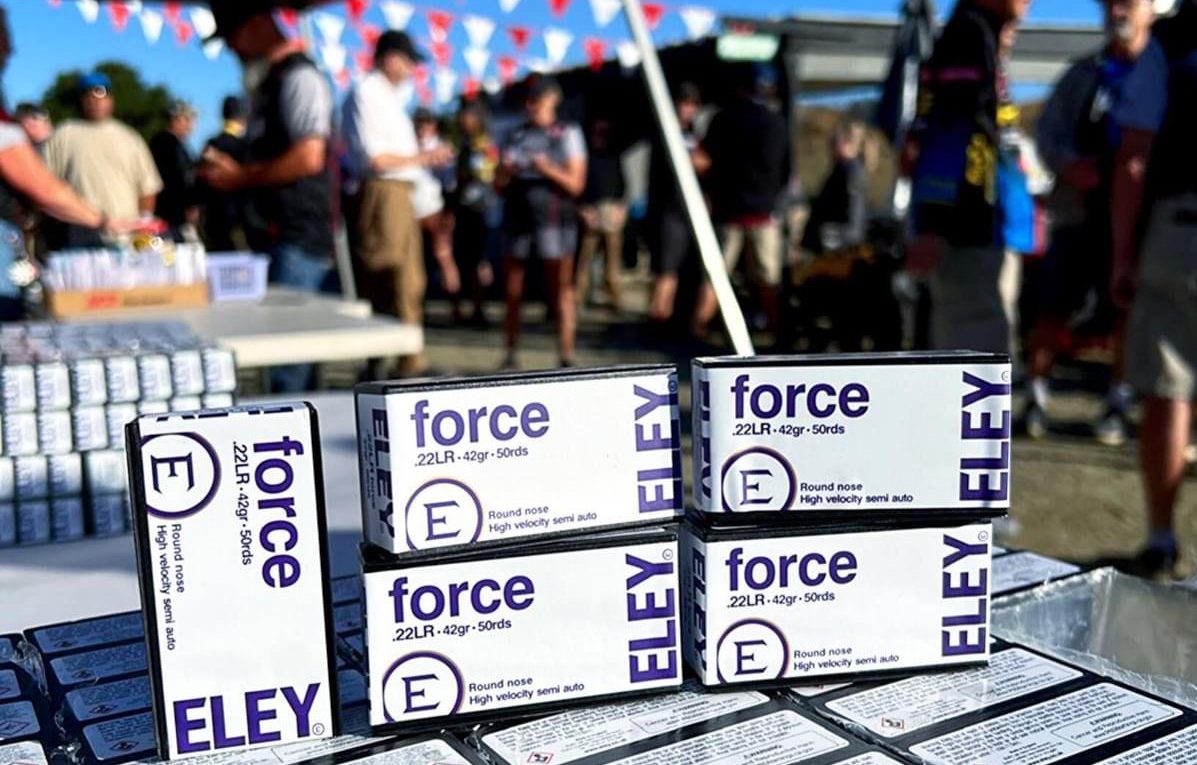Ian Chamberlain has been organising UKPSA approved competitions for nearly 20 years. So it’s fair to say he’s a good authority for discussing the role of a UKPSA Match Director for practical shooting events.
We caught up with Ian to get his insight on being a Match Director as well as finding out what it takes to organise and run UKPSA long barrel pistol competitions.
“We all (well, most of us) enjoy shooting in competition with our fellow shooters in the discipline of our choice. I enjoy and continue to enjoy shooting IPSC style competitions. These are held at shooting centres throughout the UK under the guidance of the UKPSA. The UKPSA is the UK arm of the International Practical Shooting Confederation (IPSC). But have you ever stopped to consider what it takes to get the competitions up and running?
Setting the date
First off you need to apply to the UKPSA Council to hold a sanctioned match. This is a simple form which can be emailed. It contains basic info re: the match, ammo count, number of stages, maximum amount of shooters etc. The form should have several weekend dates that you and your shooting club have free. The Council will look at the date gaps in the yearly competition calendar (for all disciplines) and agree a date with you. Once you have that confirmed date, the hard work begins!
A helping hand
Nothing happens without range crew and Range Officers. These have to be organised before anything else can be agreed, sorted or designed. The range crew normally receives free entry into the match and can shoot the pre-match with lunch and drinks supplied during the main event. A Range Master also has to be appointed by the UKPSA who is in full control of all aspects of the competition. The scores from each competitor have to be entered into the scoring program so the winner of each division can be calculated. This is normally the job of the Stats Officer.
Course of fire
The competition is not going to be fun without the courses of fire for us to shoot. Many hours are spent in front of the computer designing them. It involves a lot of trial and error trying to make them fun, challenging but efficient – not always an easy task! All courses of fire have to be designed weeks or even months before the match takes place. These then have to be forwarded to a UKPSA Course reviewer. It is their job to study the information provided to check it complies with the current rule book. When approval is granted the competition can be opened to entries.
Eyes on the prize
As Match Director another task is to arrange the prizes. This could simply be bottles of wine or ammunition, but could also be engraved silverware or etched glassware. As the competitions we run using LBF’s can only be graded as Level 2 and no higher, we don’t have to stick strictly to the 3-2-1 rule. This means for every long course of fire (max 32rounds) you have to hold two medium courses of fire (max 24rounds) and three short courses of fire (max 12rounds). I normally run with eight stages, four on each of the two ranges we have available.
The courses of fire have to be designed in such a way that they break down from a long course into a medium course and two short courses with minimum target replacement. They also have to be designed to work efficiently so the shooter can progress. For example, from shooting a medium course straight into one or maybe even two short courses.
Building the courses of fire can take a full day and we do this on a Friday. We have a small but keen group who turn up to help construct the ranges. Saturday is the pre-match. The range crew, range officers and some shooters who can’t make the main match shoot today. Sunday is the main competition and a very busy day for the crew.
I like to have the match finished, scored, results announced and prizes awarded by 3.30/4pm as some range crew and competitors have several hours of driving to get home afterwards. To achieve this, all of the above has to work and work well. A good match relies on well-designed courses of fire, ran by well trained, experienced range officers and range crew.
I hope this article has given you some idea of the many, many hours of hard work that go on behind the scenes to organise, build and run a successful competition.
For those interested in practical shooting in the UK, there is a range of clubs and events you can join. To find a UKPSA affiliated club near you, visit the UKPSA website.





